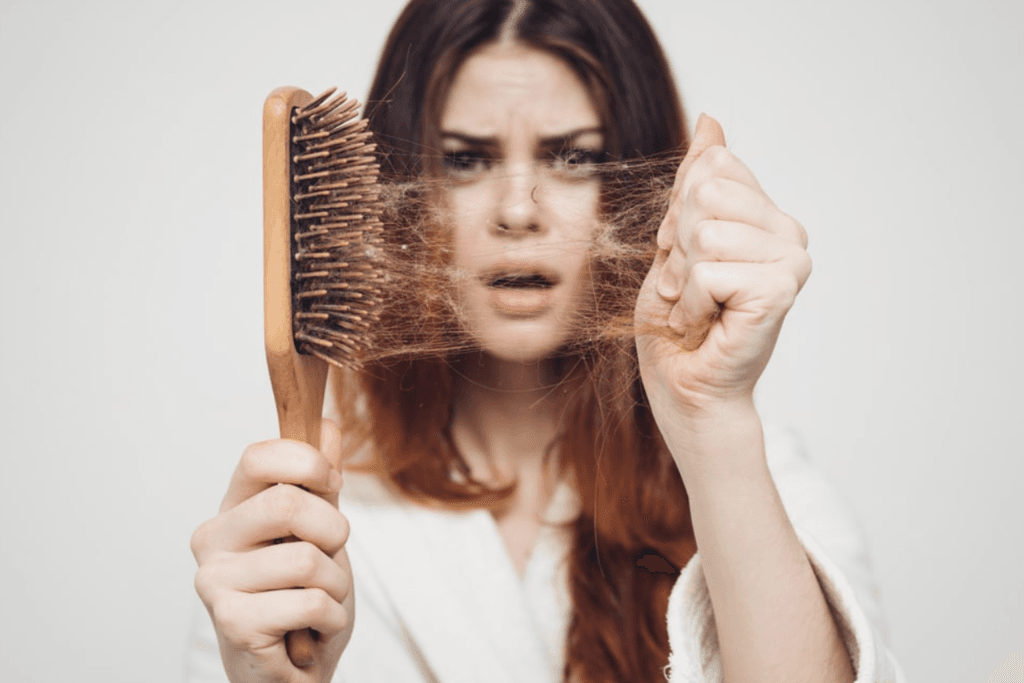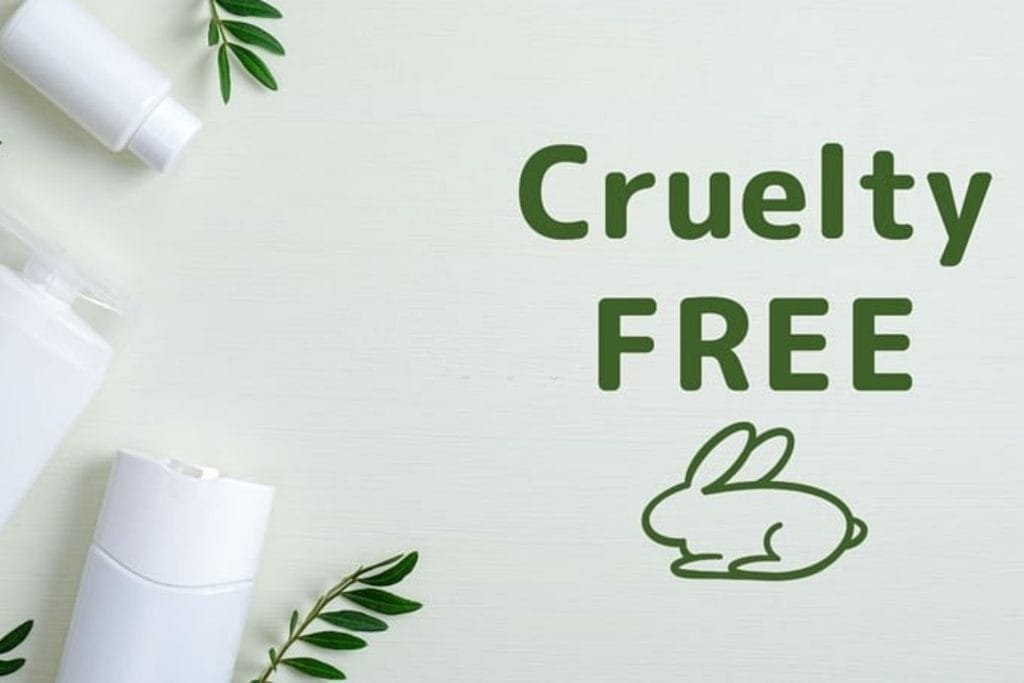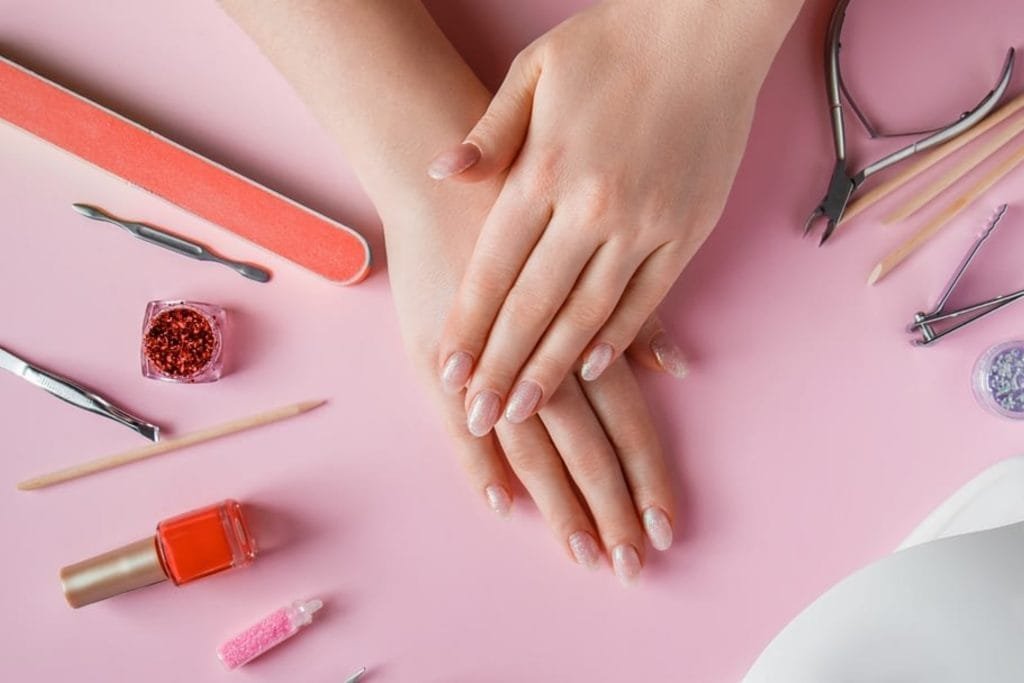What is Biotin? It is a type of vitamin B found in foods; it is also found as vitamin H. It helps the body convert food into energy and has an important role when it comes to human health. As an important component of enzymes that break down certain other substances in the body, such as fats and carbohydrates, biotin deficiency is a major problem, but fortunately it is very rare. However, there is not yet a good laboratory test to detect biotin deficiency.
Biotin deficiency is therefore often characterized by symptoms such as thinning hair, hair loss, easy fraying and a red scaly rash around the eyes, nose and mouth. Other symptoms include depression, fatigue, hallucinations and tingling in the extremities. So, what is Biotin? What does it do? What does biotin deficiency cause?
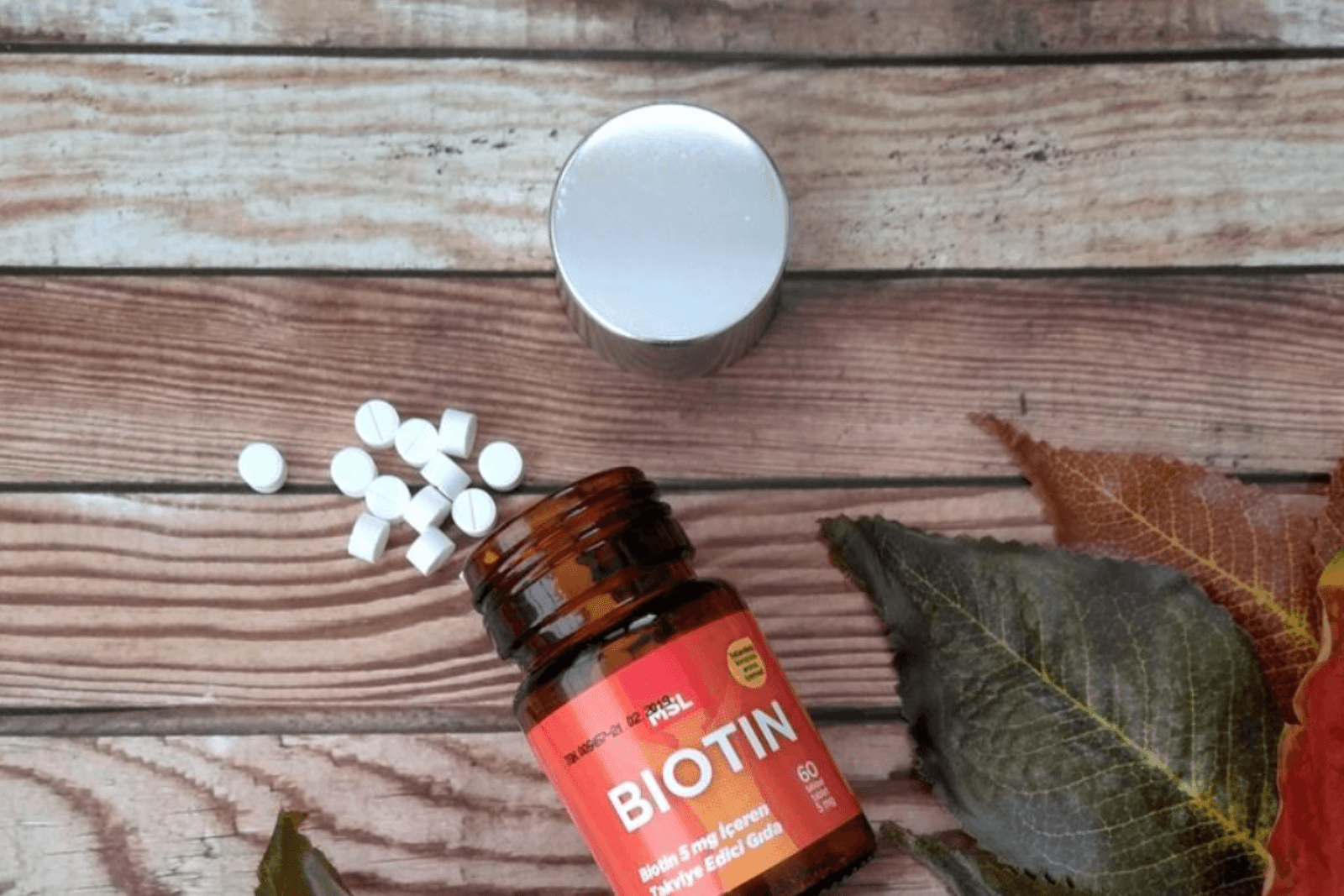
What is biotin and what does it do?
Biotin, also known as vitamin H, is one of the B-complex vitamins that help the body convert food into energy. The word "biotin" is derived from the ancient Greek word "biotos", which means "life" or "sustenance". B vitamins, and biotin in particular, help keep your skin, hair, eyes, liver and nervous system healthy. Biotin is also essential during pregnancy, embryonic growth is also important.
Most people can get the amount of biotin they need from a healthy, regular diet. But there are many arguments that getting more biotin can regulate your blood sugar, improve the health of your hair, skin and nails, and help expectant mothers give birth to healthier babies.
What are the benefits of biotin?
- Diabetes
Some research suggests that biotin may help regulate blood sugar levels in people with type 2 diabetes. However, no conclusive information has been obtained as a result of the research conducted so far.
Another animal experiment suggests that biotin may help prevent kidney damage in people with insulin-dependent type 1 diabetes. More research is needed to support this thesis.
- Hair, skin and nail health
Biotin deficiency is rare in humans. People who are deficient in biotin show symptoms in different ways, such as hair loss or scaly red skin rash, and brittle nails. It is therefore clear that biotin is an important supplement for hair, nail and skin health. But this has not yet been proven.
- Pregnancy factor and infant development
Although it is rare, some pregnant women may experience biotin deficiency. Vitamins containing biotin and folic acid are recommended during pregnancy to help the baby develop healthily in the womb. However, high doses of biotin can be dangerous for the baby. Therefore, you should not take more biotin than you need.
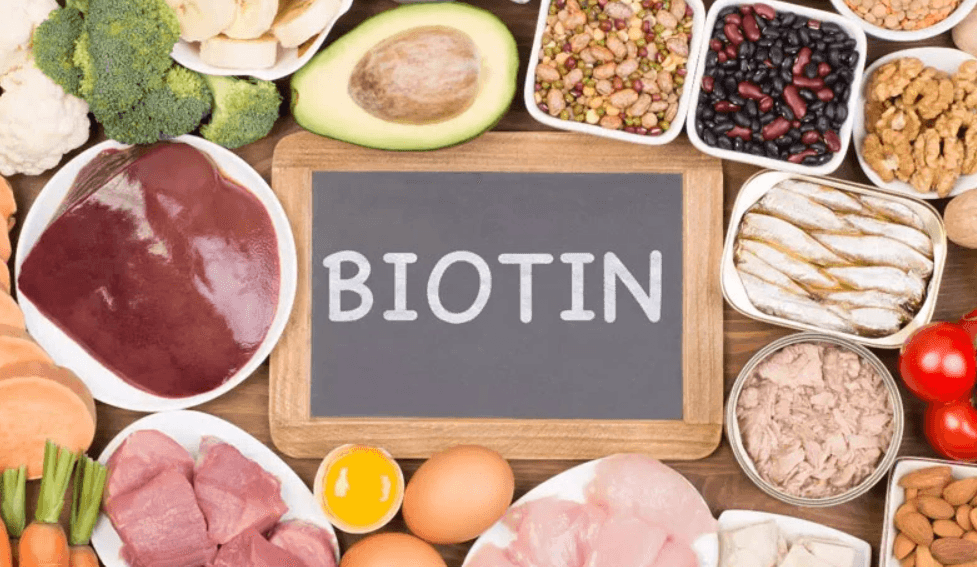
Which foods contain biotin?
Biotin can be found in many foods, including the following. Here are foods that contain biotin:
- Egg yolk
- Meat (liver, kidney)
- Nuts such as almonds, peanuts, walnuts and pistachios
- Hazelnut paste
- Soybeans and other legumes
- Whole grains
- Cauliflower
- Banana
- Mushroom
Raw or less processed versions of these foods contain more active biotin, as food processing techniques such as cooking can inactivate biotin. It is always best to get supplements like biotin from natural foods. If you cannot get enough biotin naturally, you can take vitamin supplements in consultation with your doctor.
It is important that supplements have adequate characteristics in terms of safety, purity, dose or quality. Therefore, do a good research before you buy. You can also read our content on vitamin supplements to get an idea of what you can expect. 7 Recommended Supplements for Vitamin Supplementation!
How much biotin should be consumed during the day?
An intake of 30 to 100 micrograms (mcg) of biotin per day is generally recommended for adolescents and adults. Because it is water-soluble, excess biotin will be easily eliminated from your body. While most people do not experience any side effects from biotin use, some people have reported mild side effects such as nausea and digestive problems. There are no known symptoms of toxicity (poisoning) associated with excessive biotin consumption.

Does biotin harm health?
Biotin is essential for normal body function. It may also help pregnant women and people with diabetes, but there is not yet enough data to prove that biotin has an important function for healthy hair, skin or nails. In short, a balanced and healthy diet of unprocessed or minimally processed foods is always the safest way to achieve optimal health.
Conclusion
We looked into the question of what biotin is and realized that biotin is a very important component for health... Although its deficiency is very rare, it can negatively affect some people. It is necessary to try to get biotin from natural foods. You should try not to use biotin supplements unless needed and recommended by your doctor.
Other topics that may interest you:
7 Recommended Supplements for Vitamin Supplementation!
Benefits of Vitamin C for Our Skin
What is Food Supplements? Are Food Supplements Harmful?
What is Selenium and What Does It Do? 10 Foods Containing Selenium!
